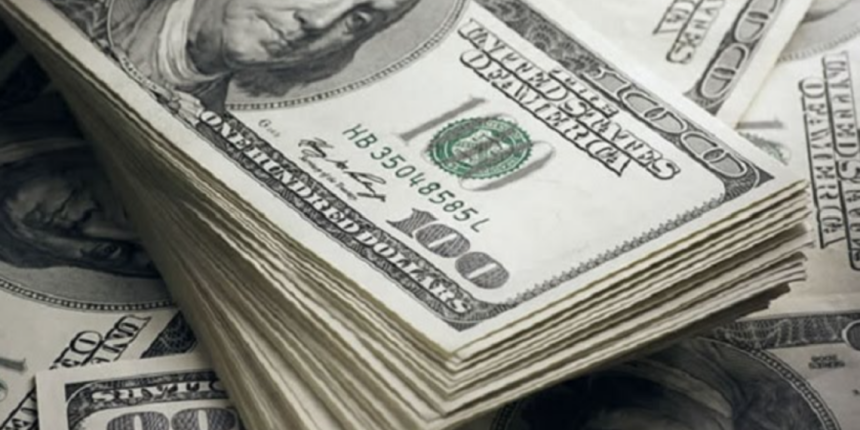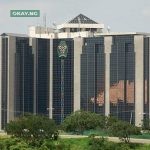New data released by the Central Bank of Nigeria (CBN) reveals a slight downturn in net foreign exchange inflows into the Nigerian economy, falling by 4.4 percent to $4.79 billion in January 2025 from $5.01 billion recorded in the preceding month. This decline, as indicated by the CBN, is primarily attributed to reduced inflows through its own channels, despite a simultaneous decrease in overall foreign exchange outflows.
The total foreign exchange inflow for January stood at $9.63 billion, a decrease from December’s $10.17 billion. Correspondingly, outflows also saw a reduction, settling at $4.84 billion in January compared to $5.17 billion in December. These lower figures on both sides suggest a cooling of activity within the foreign exchange market, particularly concerning transactions routed through the apex bank.
The CBN’s January economic report sheds further light on this shift, highlighting a significant drop in inflows through the central bank to $2.33 billion, a notable decrease from the $4.09 billion recorded in December. Interestingly, autonomous inflows, representing funds from FX market participants and non-CBN sources, saw an increase to $7.31 billion, up from $6.08 billion in December. This surge in autonomous inflows underscores a growing role for private sector activity in the nation’s foreign exchange ecosystem.
A similar trend was observed on the outflow side. Funds exiting through the CBN decreased to $3.80 billion from $4.16 billion, while autonomous outflows experienced a marginal rise to $1.04 billion from $1.01 billion in the previous month.
These movements in financial flows resulted in a net outflow of $1.47 billion through the CBN in January, a stark contrast to the marginal net outflow of $0.07 billion in December. Conversely, net inflows from autonomous sources demonstrated a positive trajectory, improving to $6.26 billion in January from $5.07 billion a month prior. This further emphasizes the increasing significance of non-governmental entities in the foreign exchange market dynamics.
Despite these shifts in inflow patterns, the Nigerian Naira exhibited a degree of stability within the official Nigerian Foreign Exchange Market (NFEM). Official CBN data indicated the naira closed at N1,599 per dollar on Thursday. Furthermore, the local currency saw a positive movement in the parallel market, appreciating by N5 to trade at N1,605 per dollar, compared to the previous rate of N1,610.
Read Also: Nigeria Faces Foreign Investment Drought Amidst Negative Real Interest Rates
Analysis of the review period reveals that the naira gained strength within the NFEM. The average exchange rate appreciated by 1.16 percent, improving to N1,535.94 per dollar in January from N1,553.73 in December. This strengthening trend was even more pronounced in the end-of-month rate, with the naira appreciating by a significant 3.90 percent to close at N1,478.22 per dollar, compared to N1,535.82 in the preceding month.
Adding to this picture of increased activity within the official market, the average foreign exchange turnover at the NFEM experienced a substantial rise of 18.30 percent, reaching $408.49 million in January, up from $345.30 million in December. This surge in trading volume suggests growing confidence and participation in the official exchange window, even amidst the overall dip in aggregate inflows.
Reassuringly, Nigeria’s external reserves position remains robust, standing at $38.88 billion by the end of January 2025, albeit a slight decrease from the $40.19 billion recorded at the end of December. The CBN asserts that this level of reserves provides a significant buffer against external economic shocks, capable of covering 8.82 months of goods and services imports or a more substantial 13.20 months of goods imports alone.













